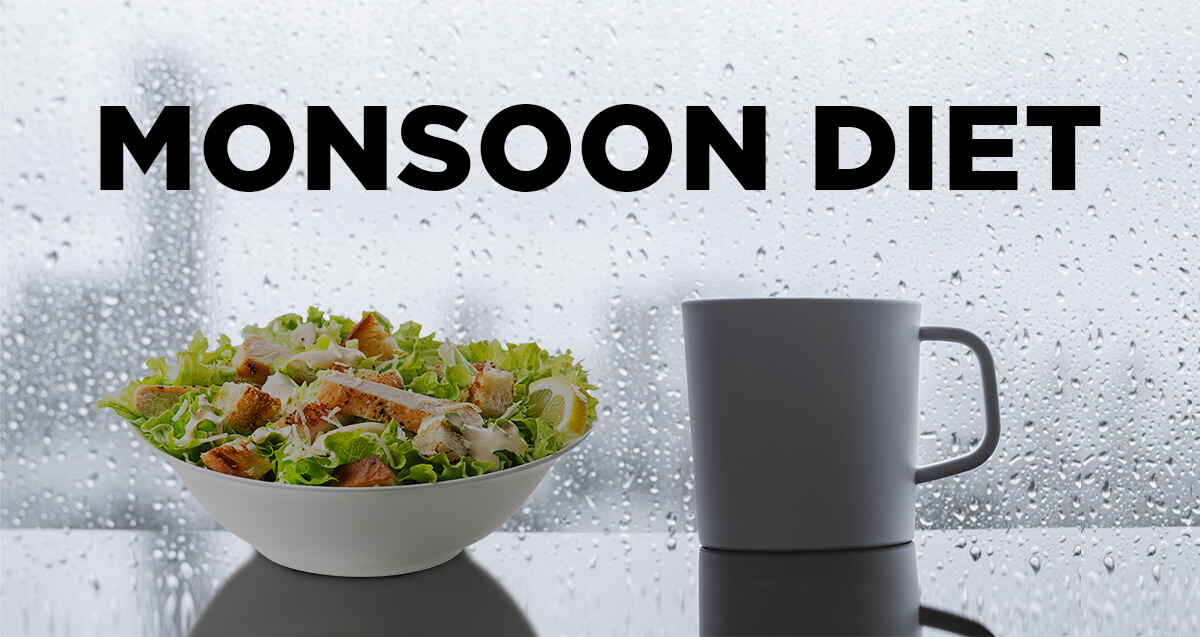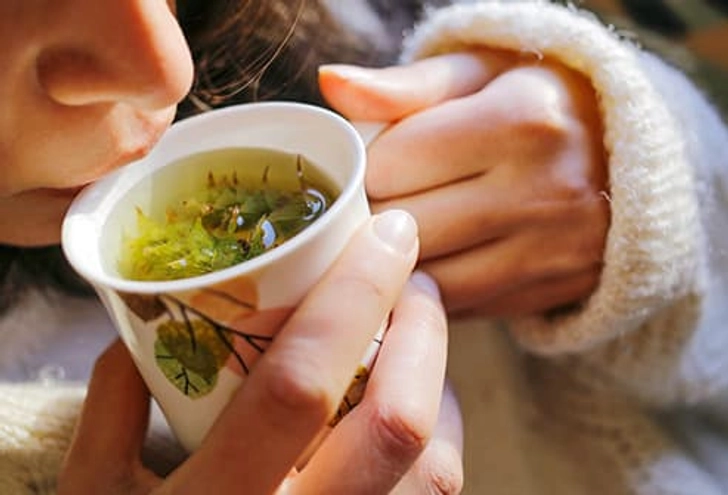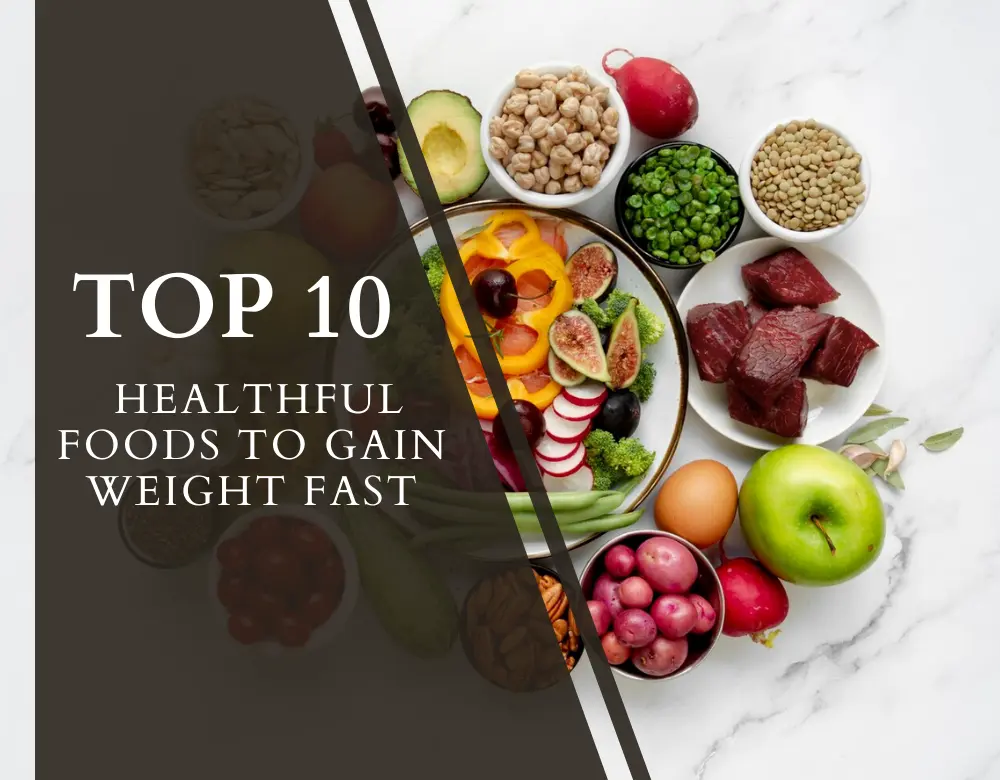🌧️ Healthy Monsoon Diet: What to Eat and What to Avoid for Better Health
The monsoon season is a welcome relief from the harsh summer heat. But while the rain cools the air, it also brings a host of seasonal health challenges. From foodborne infections to poor digestion and weakened immunity, the wet weather can take a toll on your body if you're not careful with your diet.
The key to staying healthy during this season lies in eating clean, nourishing, and seasonal foods that support your immunity and digestive system. In this article, we'll explore the best monsoon diet tips, including what to eat and avoid for better health and wellness.
🍲 Why You Need a Special Diet During Monsoon
Monsoon weather increases humidity, which can weaken digestion and make your body more prone to infections. Your metabolism tends to slow down, and the risk of consuming contaminated food or water rises. That’s why it's essential to follow a diet that’s light, immune-boosting, and easy to digest.
✅ What to Eat During Monsoon Season
Here are the top foods that can keep you fit, energetic, and infection-free during the rainy months:
🥗 1. Light, Fresh, and Cooked Foods
Stick to warm, freshly prepared meals to support digestion and avoid foodborne illnesses. Raw foods can carry bacteria, especially during this season.
Great choices:
-
Steamed vegetables
-
Moong dal khichdi
-
Clear soups
-
Rice with lightly spiced dal
🧄 2. Immune-Boosting Spices
Monsoon is the best time to let Indian kitchen spices shine. They have natural antimicrobial and anti-inflammatory properties that support your immune system.
Include daily:
-
Ginger – helps fight colds and boosts digestion
-
Turmeric – powerful anti-inflammatory
-
Black pepper – aids in nutrient absorption
-
Cumin and ajwain – prevent bloating
🍎 3. Seasonal Fruits
Fruits provide essential vitamins and antioxidants. However, choose fruits with lower water content and wash them thoroughly.
Safe fruits to enjoy:
-
Apples
-
Pomegranates
-
Pears
-
Jamun (black plum)
-
Papaya
🛑 Avoid eating pre-cut fruits from outside vendors to reduce infection risk.
🥛 4. Probiotics for Gut Health
A strong gut equals strong immunity. Probiotic-rich foods promote digestion and protect your stomach from infections.
Healthy probiotic options:
-
Curd or plain yogurt
-
Buttermilk
-
Fermented foods (like homemade pickles in moderation)
☕ 5. Soups and Herbal Teas
Soups are easy on the stomach and perfect for cool, damp days. Herbal teas help fight bacteria, clear sinuses, and improve digestion.
Recommended:
-
Vegetable clear soup
-
Tulsi and ginger tea
-
Turmeric latte (golden milk)
-
Lemon-honey tea
🥬 6. Cooked Leafy Greens
Leafy greens can be risky when raw during monsoon but safe when cooked properly. They provide iron, fiber, and essential minerals.
Examples:
-
Spinach
-
Methi (fenugreek)
-
Bathua (pigweed)
-
Amaranth leaves
💧 7. Plenty of Clean, Filtered Water
You might not feel as thirsty during monsoon, but hydration is still critical. Dehydration can cause fatigue and weaken immunity.
Tips to stay hydrated:
-
Drink at least 8 glasses of boiled or filtered water
-
Try lemon water with honey or herbal infusions
-
Sip on warm drinks rather than cold beverages
❌ What to Avoid During Monsoon
Here are some foods and habits that can compromise your health during the rainy season:
🍤 1. Street Food and Chaat
Rainwater increases contamination risk on roads. Street foods often use unfiltered water and unwashed ingredients.
Avoid:
-
Pani puri
-
Bhel puri
-
Fried pakoras sold in the open
🧀 2. Unpasteurized or Spoiled Dairy
Dairy products spoil faster in damp weather. Unboiled milk and soft cheeses can lead to stomach infections.
Be cautious with:
-
Ice cream
-
Milk-based sweets
-
Raw paneer or cheese
💡 Always boil milk and store dairy in the refrigerator.
🍰 3. Fried and Oily Foods
Your digestive system slows during monsoon, making it harder to break down greasy food. These can cause indigestion and acidity.
Examples to avoid:
-
Samosas
-
Kachoris
-
Fried parathas
🧂 4. Too Much Salt and Sugar
High salt causes water retention, while excessive sugar weakens immunity. Processed foods should be limited or eliminated.
Stay away from:
-
Packaged chips
-
Sugary sodas
-
Artificial fruit juices
🍉 5. High-Water Content Fruits and Raw Veggies
While hydrating, some water-heavy fruits may carry bacteria. Raw veggies can be unsafe if not washed and cooked properly.
Avoid or limit:
-
Watermelon
-
Cucumber
-
Leafy salads
📅 Sample One-Day Healthy Monsoon Diet Plan
Here’s a simple day plan you can follow to stay fit:
| Time | Meal |
|---|---|
| 7 AM | Warm water with lemon + 5 soaked almonds |
| 9 AM | Oats porridge or moong dal chilla + herbal tea |
| 1 PM | Rice + moong dal + steamed vegetables + curd |
| 4 PM | Roasted makhana or sprouts + ginger tulsi tea |
| 8 PM | Light khichdi or chapati + sabzi + turmeric milk |
🧘 Final Wellness Tips for Monsoon
-
🧼 Wash produce thoroughly to remove bacteria
-
🧘♀️ Exercise indoors to stay active
-
💤 Stick to regular meal and sleep schedules
-
💡 Use natural herbs like neem or tulsi to prevent infections
-
🚰 Avoid drinking untreated water, especially from outside
🌟 Conclusion: Your Monsoon Diet Matters
Monsoon can be a time of healing and rest—if you eat right. By focusing on immunity-boosting, light, and clean foods, you’ll not only protect yourself from seasonal illnesses but also maintain your weight and energy levels.
Let your monsoon plate be warm, simple, and full of seasonal goodness. After all, staying healthy is the first step to enjoying the rain.






0 Comments